Owning exotic animals can be a fascinating idea, but many countries have strict laws prohibiting the private ownership of certain species. These laws are often in place to protect both the animals and the public. Here are 20 animals that you’re banned from owning in most countries, with a mix of serious and humorous insights into why these creatures are off-limits.
Tigers
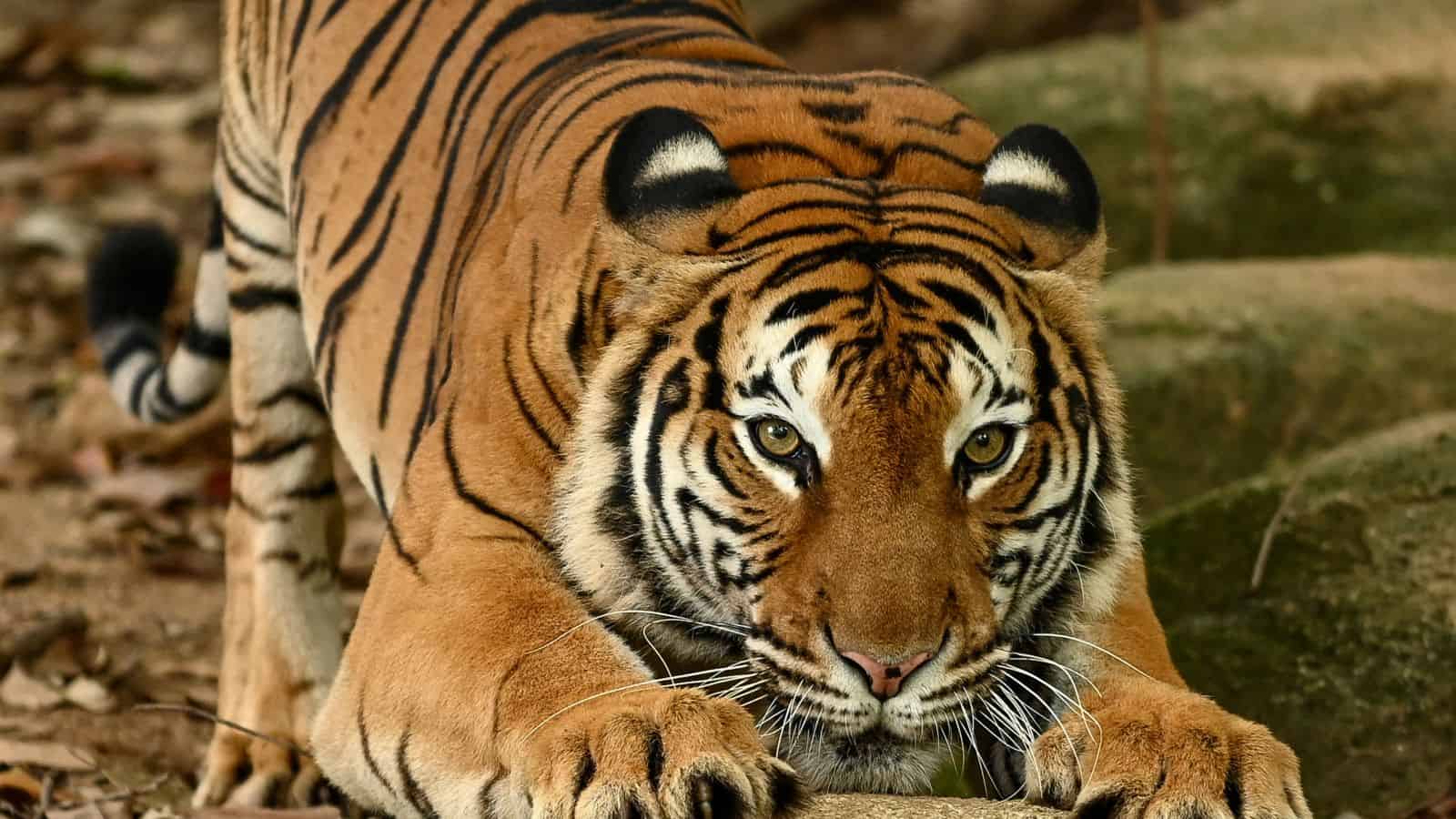
While it may seem cool to own a giant striped kitty, tigers are apex predators that can weigh over 600 pounds. They require acres of space, eat hundreds of pounds of meat, and have been known to occasionally snack on their owners. Best to leave these majestic beasts in the wild or in zoos.
Chimpanzees

Sure, chimps may seem cute in movies wearing human clothes, but in reality, these highly intelligent primates are immensely strong (5x stronger than humans) and can be very aggressive. Chimpanzees can never be fully domesticated and have been known to viciously attack their owners or escape and harm others. Plus, they fling poop—yuck!
Wolves
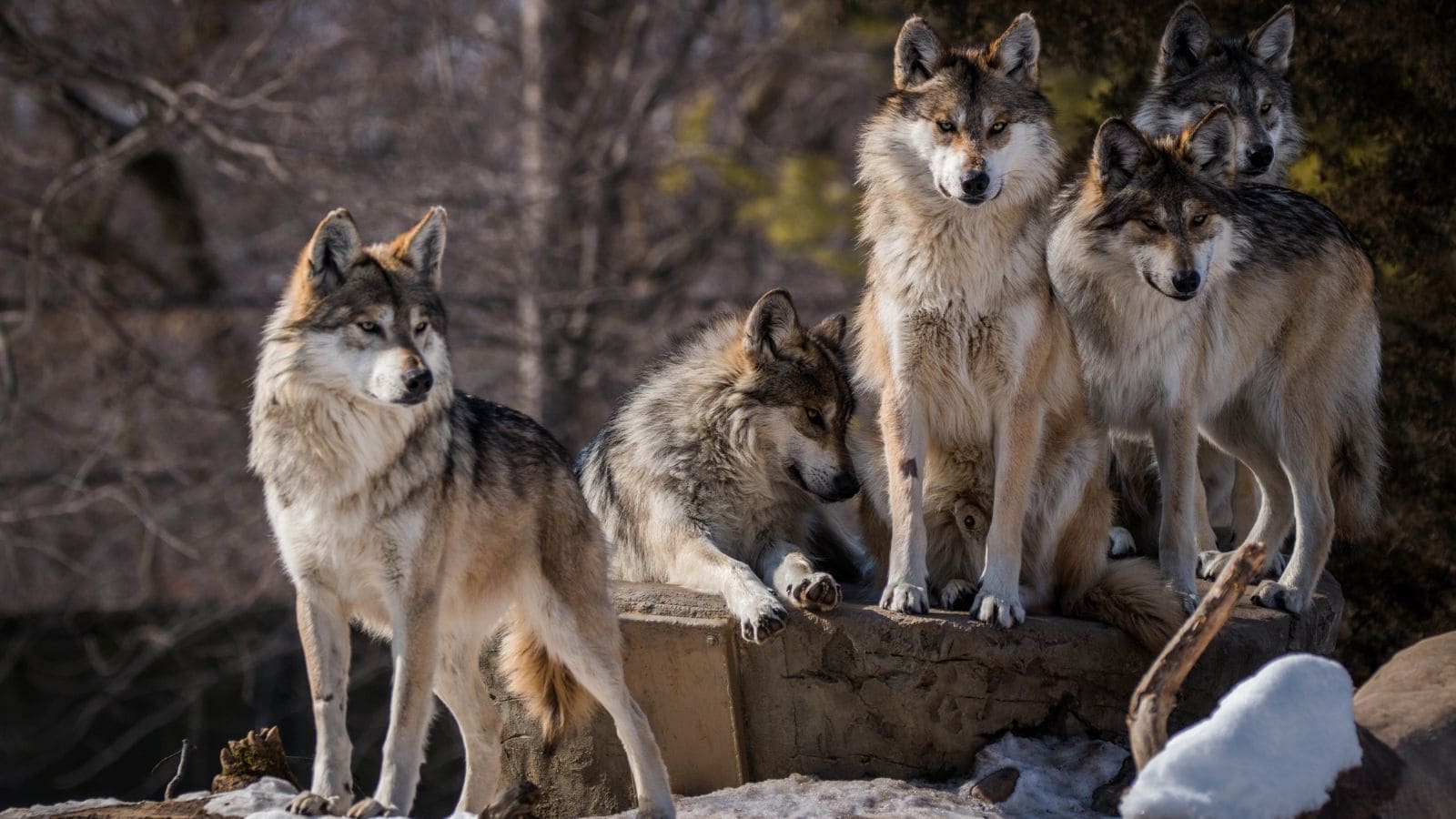
The distant ancestors of dogs may look fluffy and majestic, but wolves are not meant to be pets. They are wild pack animals with strong predatory instincts. Wolves need miles of territory to roam and a pack social structure. Trying to keep one in your home is a recipe for disaster. According to Ranker, “Some states do treat wolf dog mixes as domestic pets just like any other dog.” A wolf dog is a hybrid mix of a domestic dog and a wolf, for those interested in owning one.
Crocodiles and Alligators
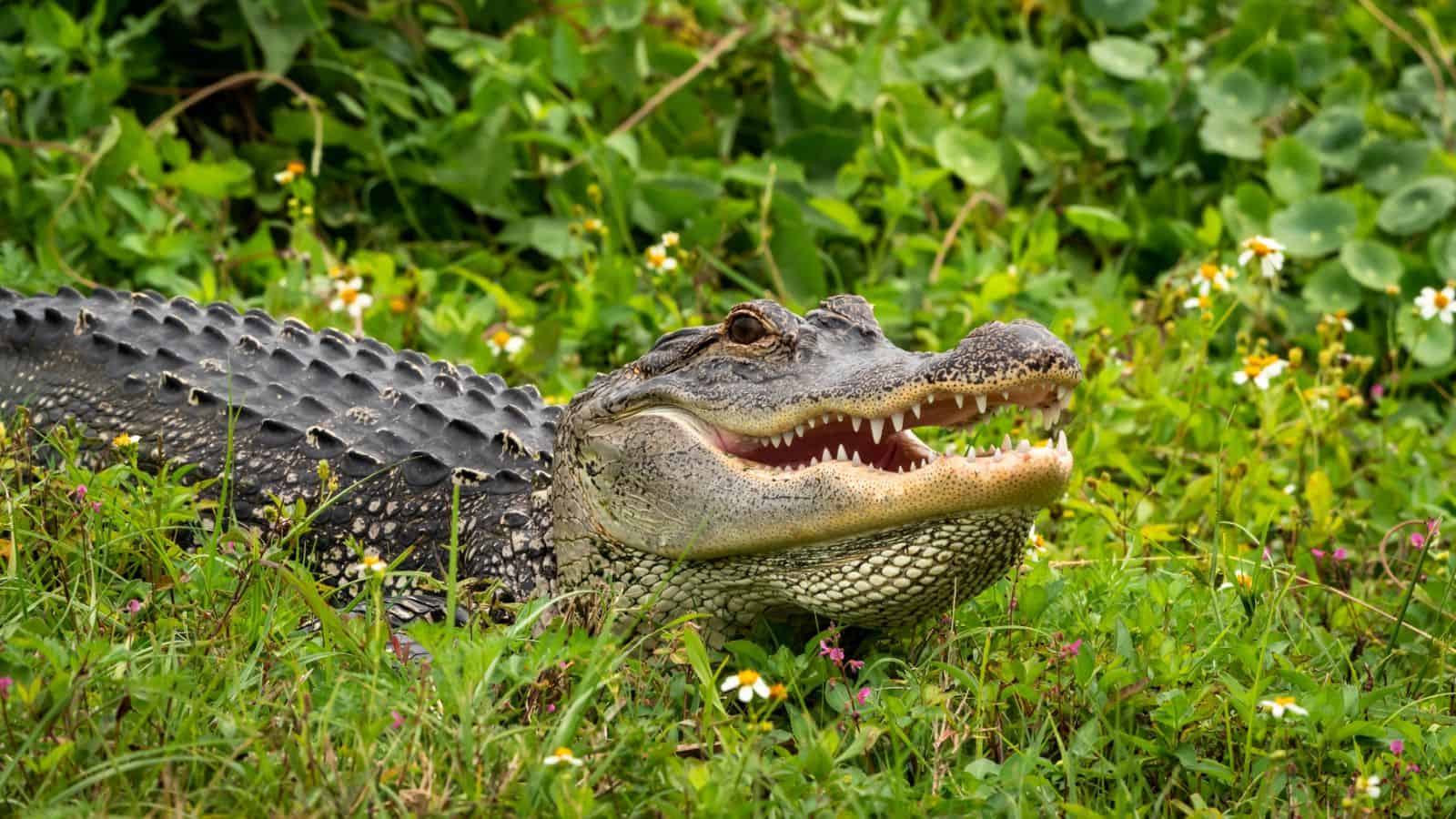
How would you like a pet that sees you as a tasty snack and can crush bone with a bite force of 3,700 psi? Crocodilians are highly dangerous predatory reptiles that can grow up to 20 feet long. Many places ban them as pets due to the risk of escapes and attacks.
Big Cats (Lions, Tigers, Leopards, etc.)
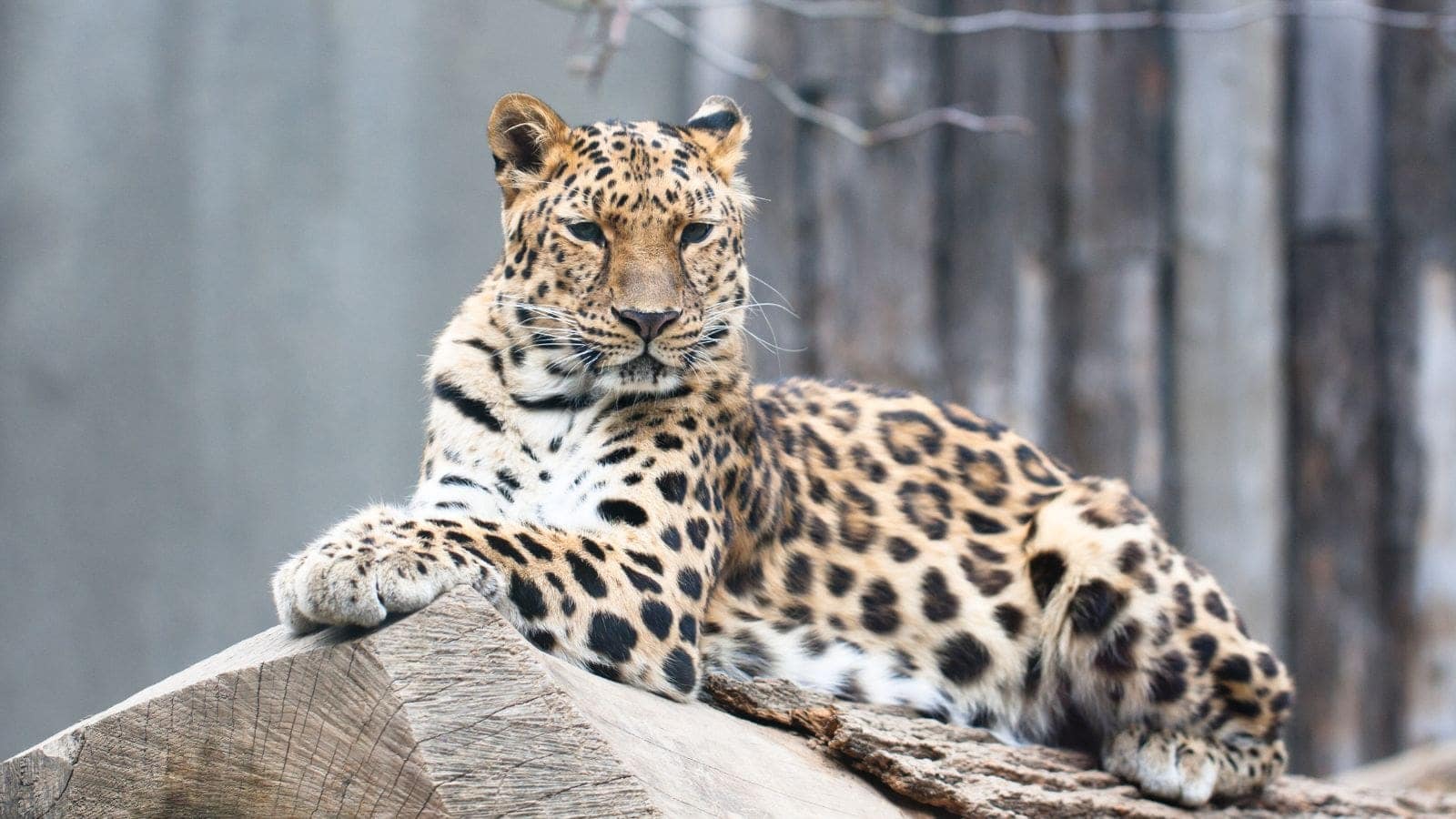
Here kitty, kitty. Big cats are admired for their power, grace, and beauty, which is precisely why they should remain in the wild, not in homes. These are some of the ultimate apex predators, requiring acres of space and capable of easily killing humans. Sadly, many are illegally owned as status symbol pets. If you love cats, just stick with the domestic variety and name them Tiger or Tiny Panther instead.
Venomous Snakes
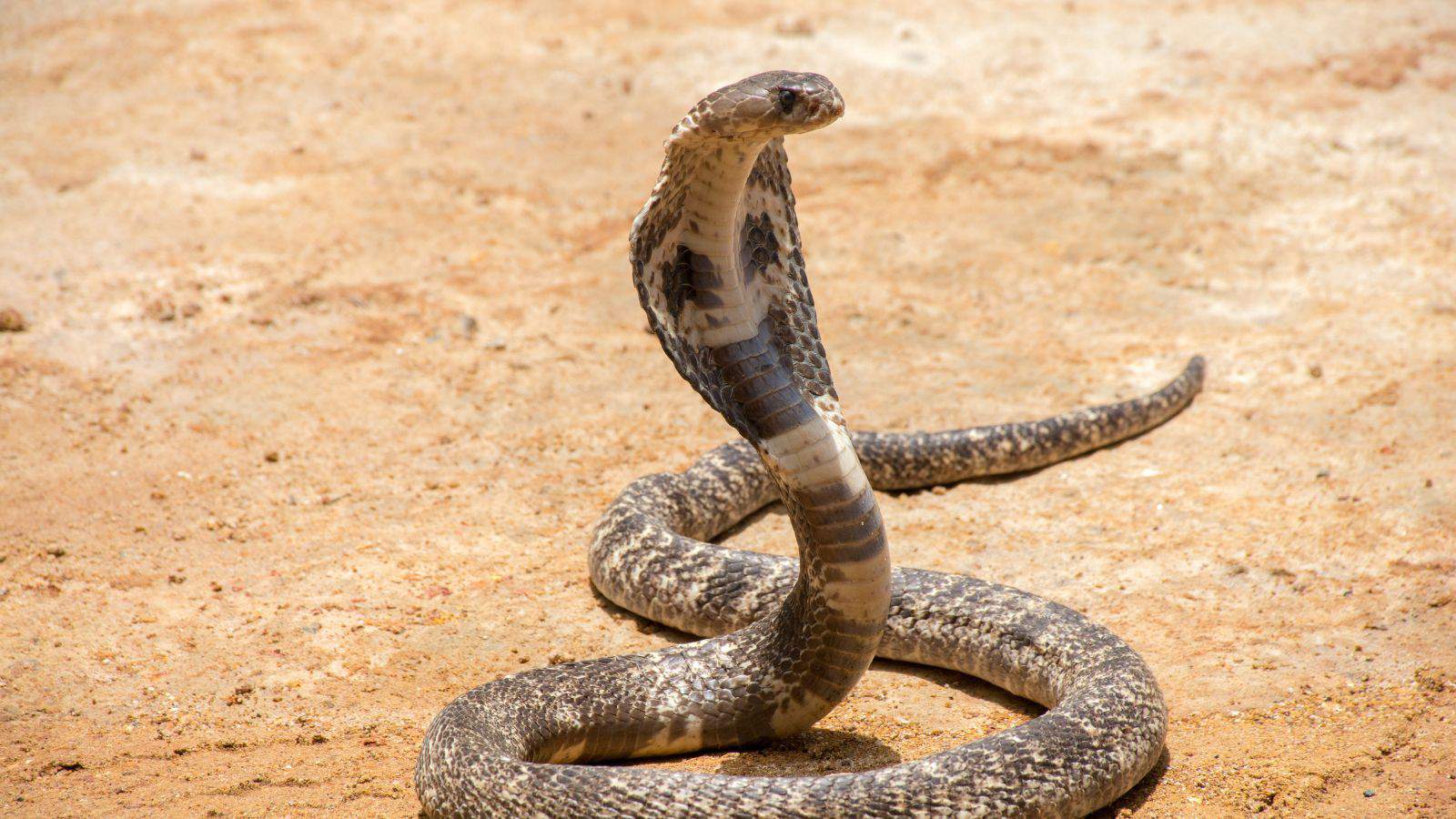
Want a pet that can kill you with one bite? Venomous snakes like cobras, vipers, and mambas are fascinating creatures, but their toxic bites can cause paralysis, hemorrhage, and death. Even experienced handlers are at constant risk, so most places strictly regulate or ban them as pets for good reason.
Bears
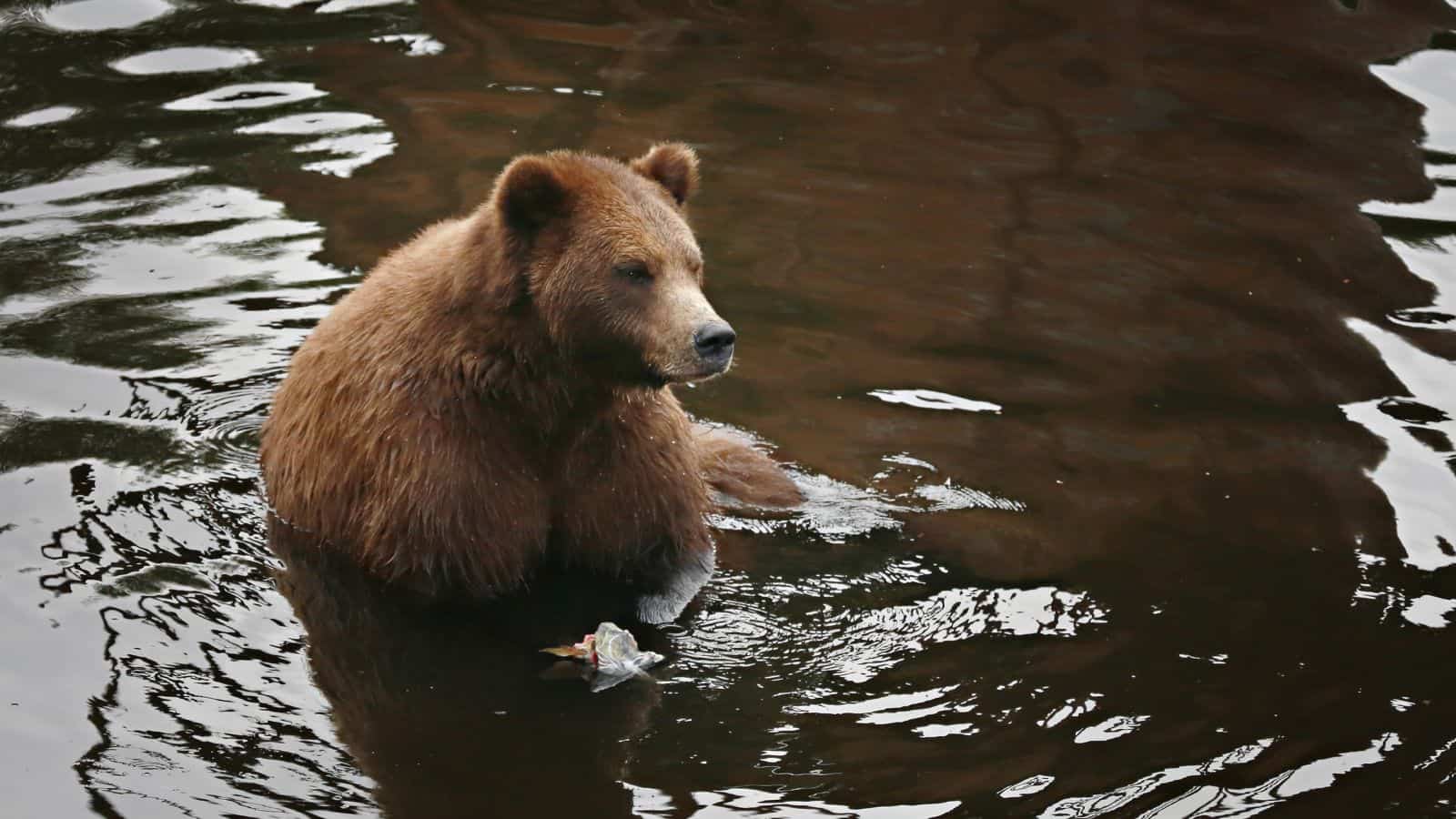
Fuzzy Wuzzy may be cute and cuddly as a cub, but bears grow into massive, powerful omnivores with unpredictable wild instincts. Petpedia says in Russia, “You can buy a brown bear for 50,000–100,000 rubles ($700–1500) without a permit, since it is not considered an endangered species.” They require acres of space, eat huge amounts of food, and can live up to 30 years, which makes them quite the commitment.
Primates (Monkeys and Apes)
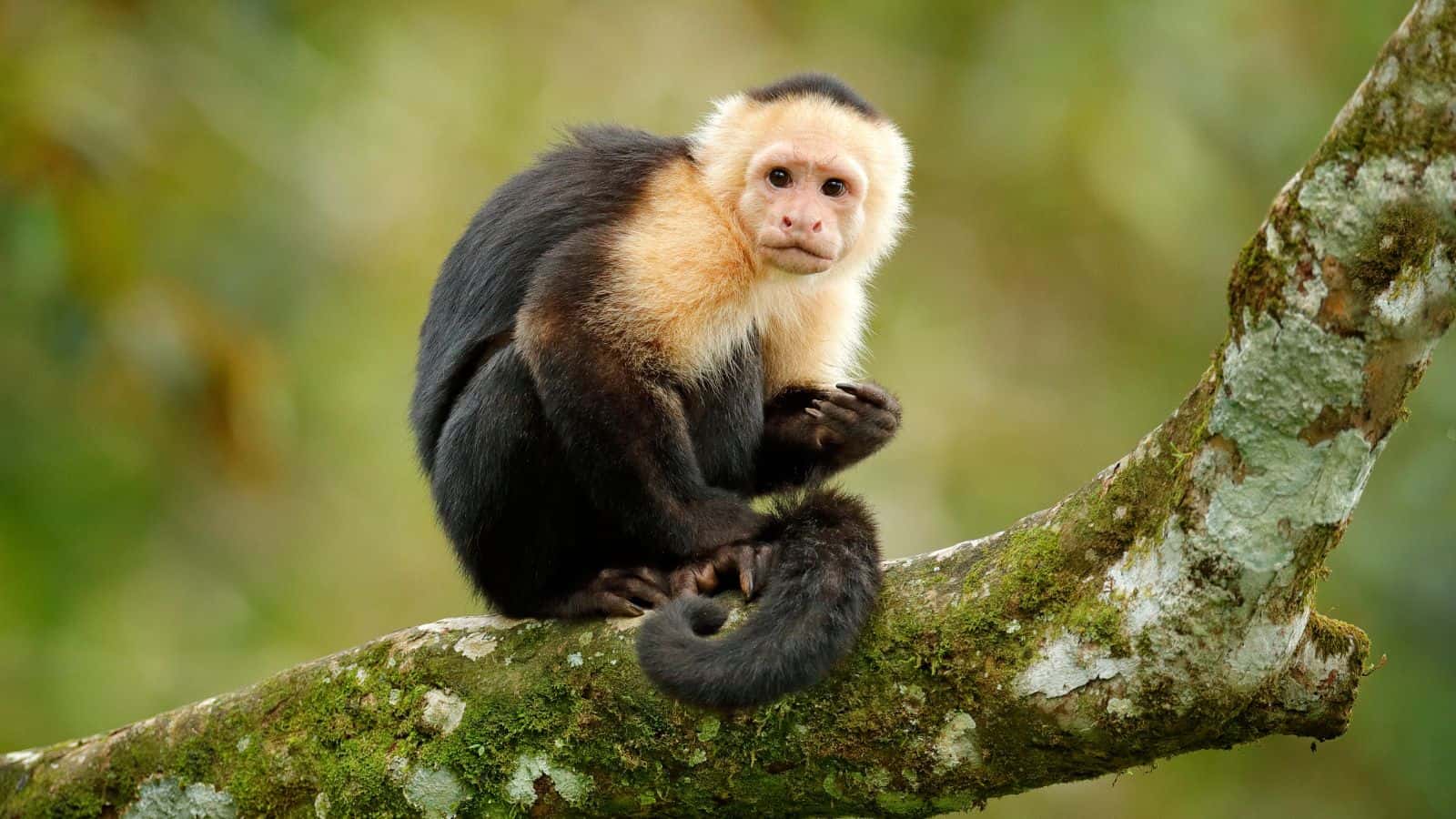
Those tiny monkeys may look adorable, but primates are highly intelligent, social, wild animals not suited for captivity. They can spread serious diseases to humans, are expensive and difficult to care for, and often become aggressive as they mature. Sadly, many are still illegally smuggled as pets.
Elephants

Want a pet that eats hundreds of pounds of food per day and can accidentally crush you? Elephants are highly intelligent giants that require vast amounts of space, enrichment, and social interaction. Leave these gentle giants in the wild or in qualified zoos and sanctuaries.
Hyenas
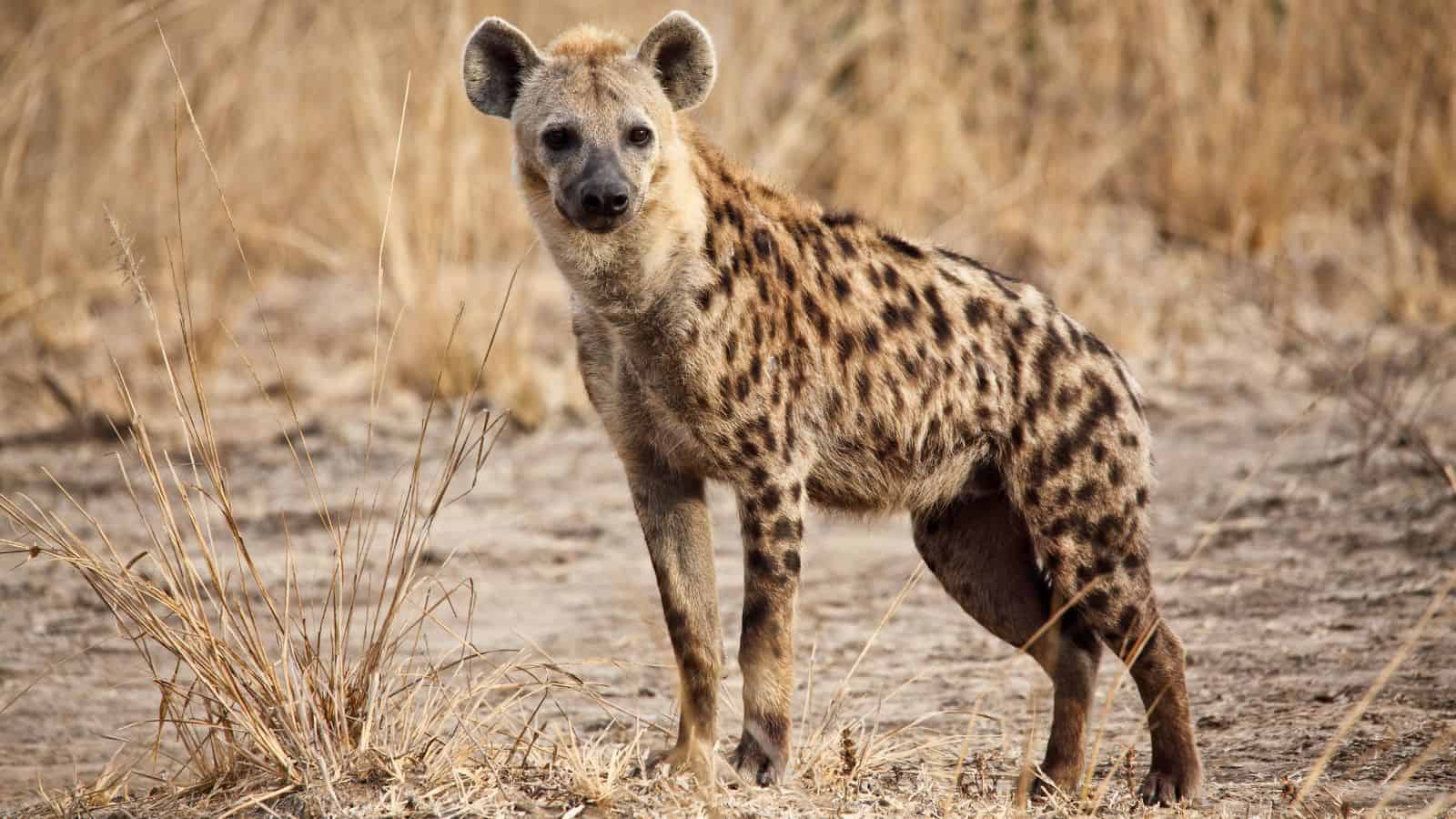
While they’re famous for their laughs, you won’t be giggling if you try to keep a hyena as a pet. These African predators are powerful, aggressive, and bite with immense force. They mark their territory with a foul-smelling paste and require a specialized diet. Definitely more of a zoo animal than a pet!
Skunks
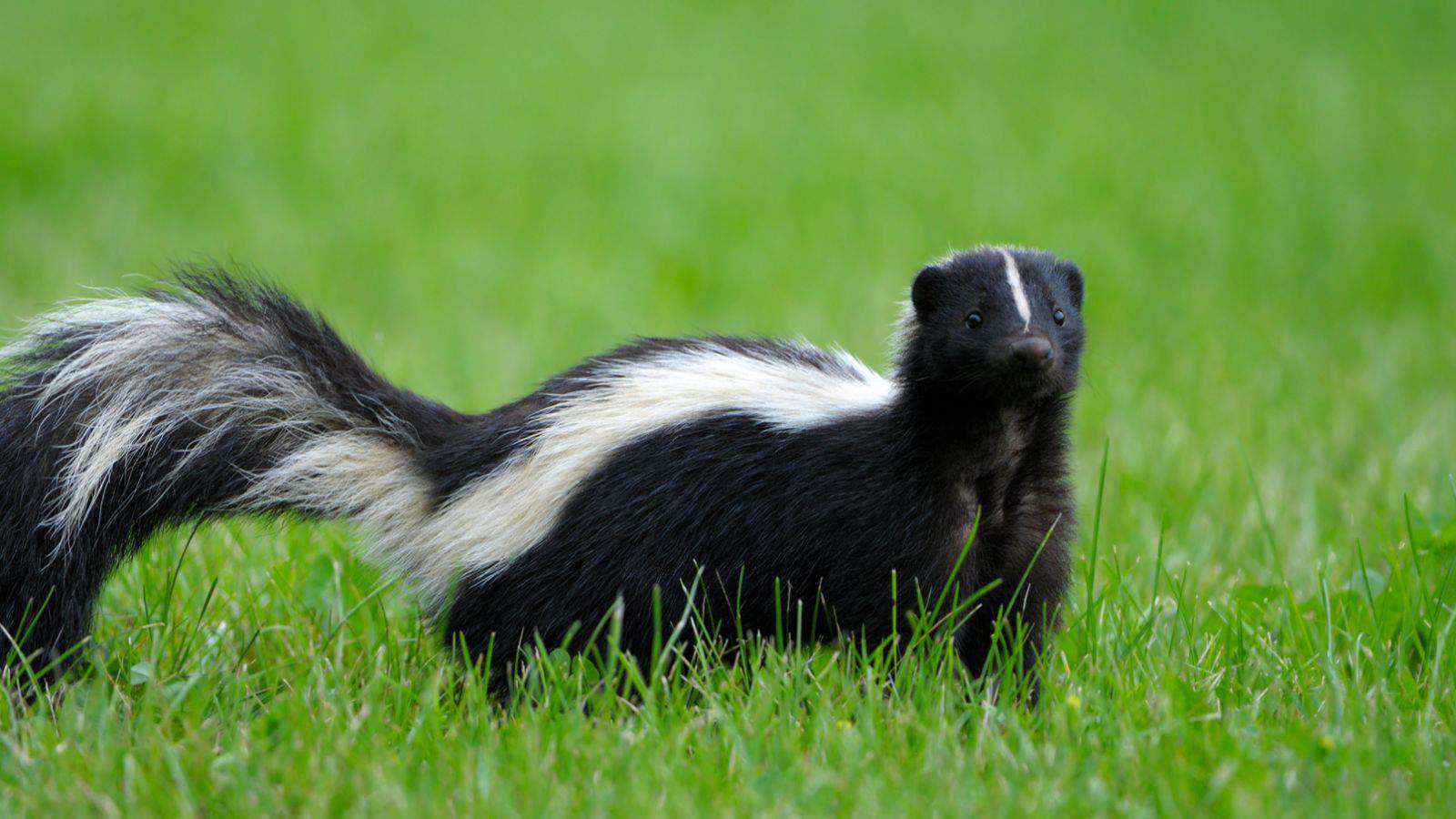
Want to literally have a stinky pet? In the U.S., “Wyoming is the only state that currently allows you to have a wild skunk as a pet,” says Florida Skunk Rescue. Skunks are banned as pets in many places, and for good reason. While they can sometimes be de-scented, skunks are wild animals that spray a noxious odor to defend themselves. They’re also notorious for carrying rabies. So unless you want your home to reek, avoid the skunk.
Raccoons
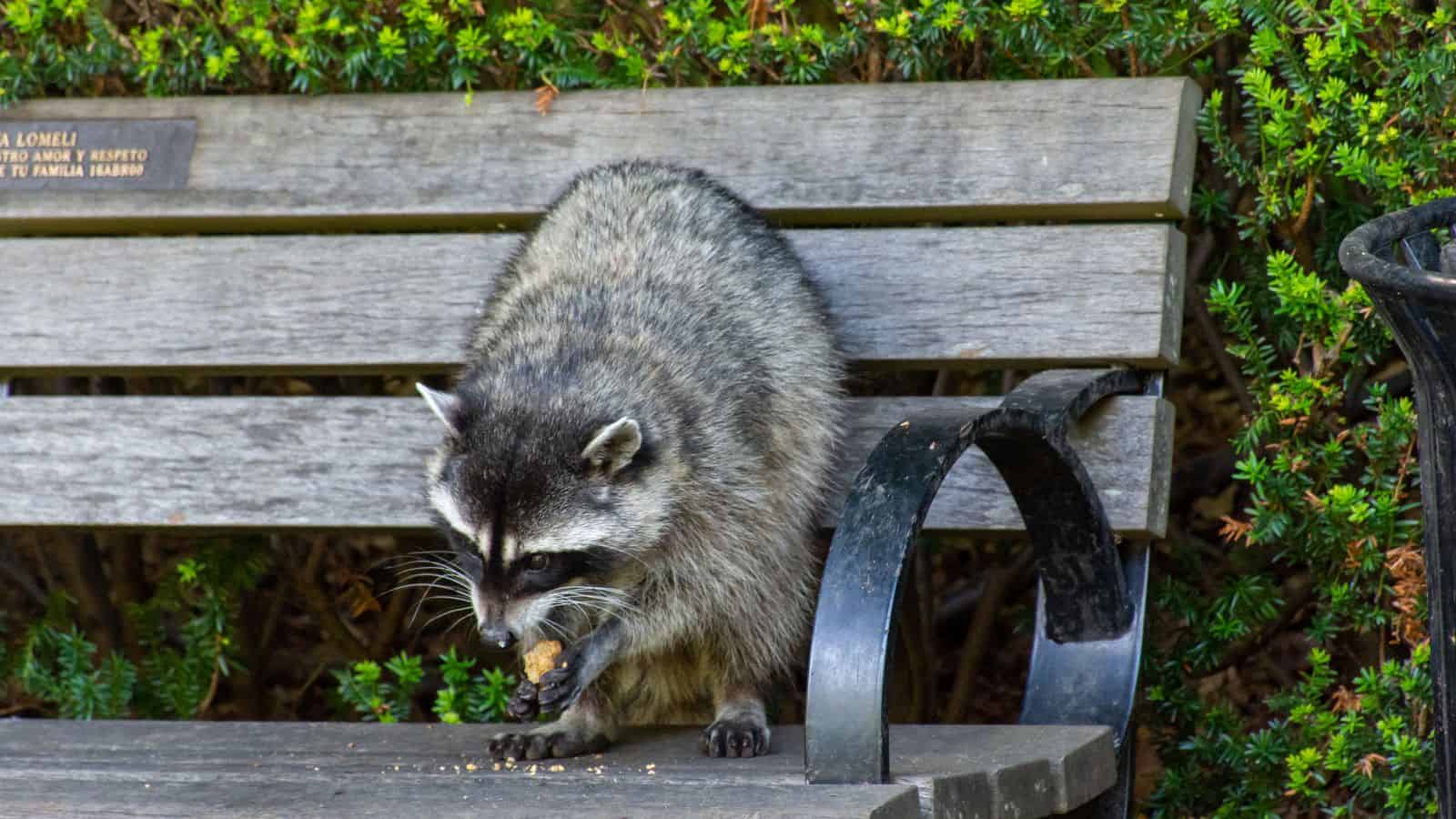
Those masked bandits may be cute while rummaging through trash, but raccoons do not make good pets. They are wild animals that can carry rabies and parasites, are very destructive, and have sharp teeth and claws. Raccoons are clever escape artists that will destroy your home. Best to let them stay wild.
Foxes
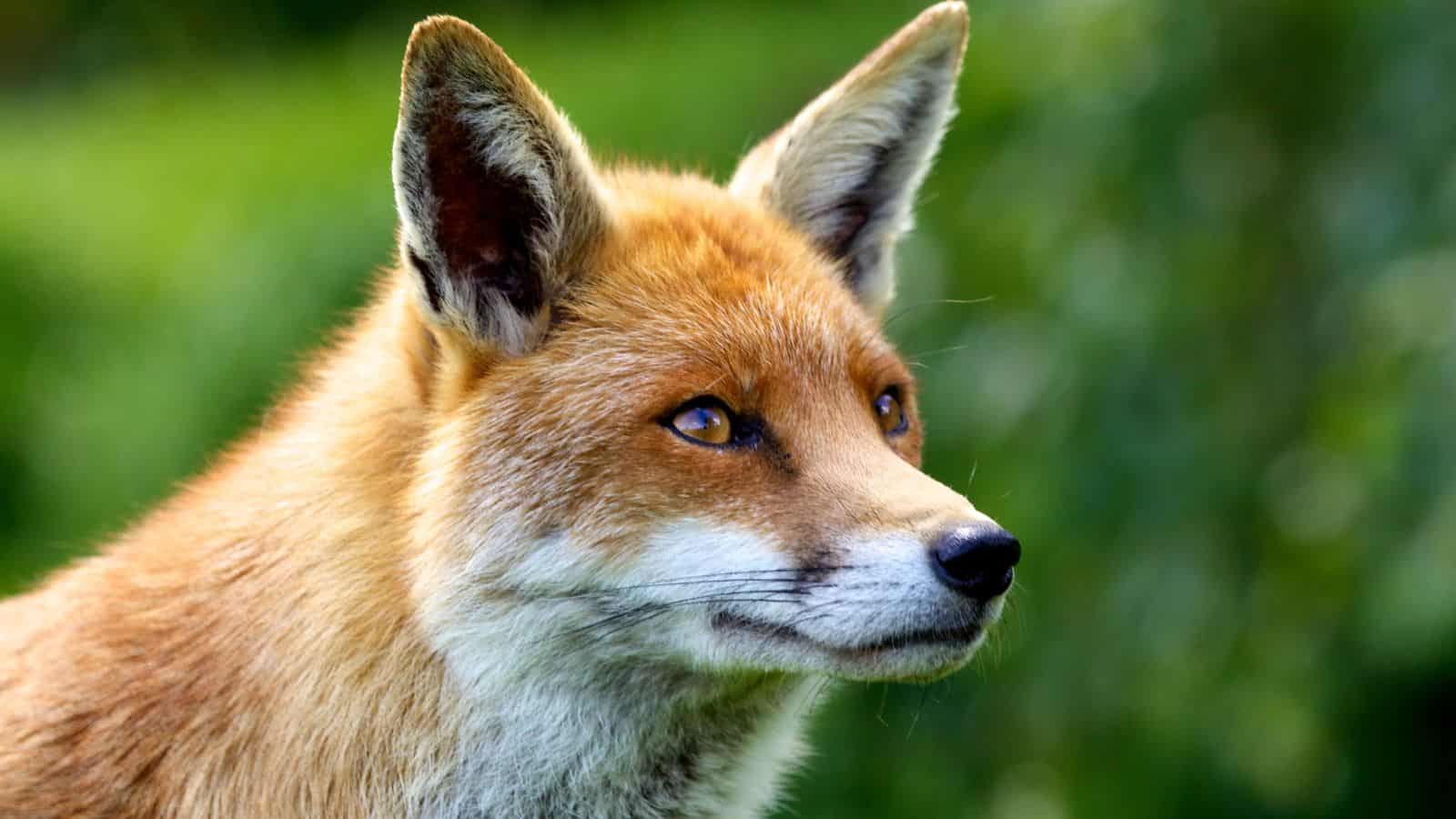
While they’re beautiful and clever canines, foxes have not been domesticated and have no place as pets in homes. They mark territory with strong-smelling urine, need lots of space to run, and can never be house-trained. Foxes are also federally protected, so keep these sly creatures in the wild where they belong.
Slow Lorises
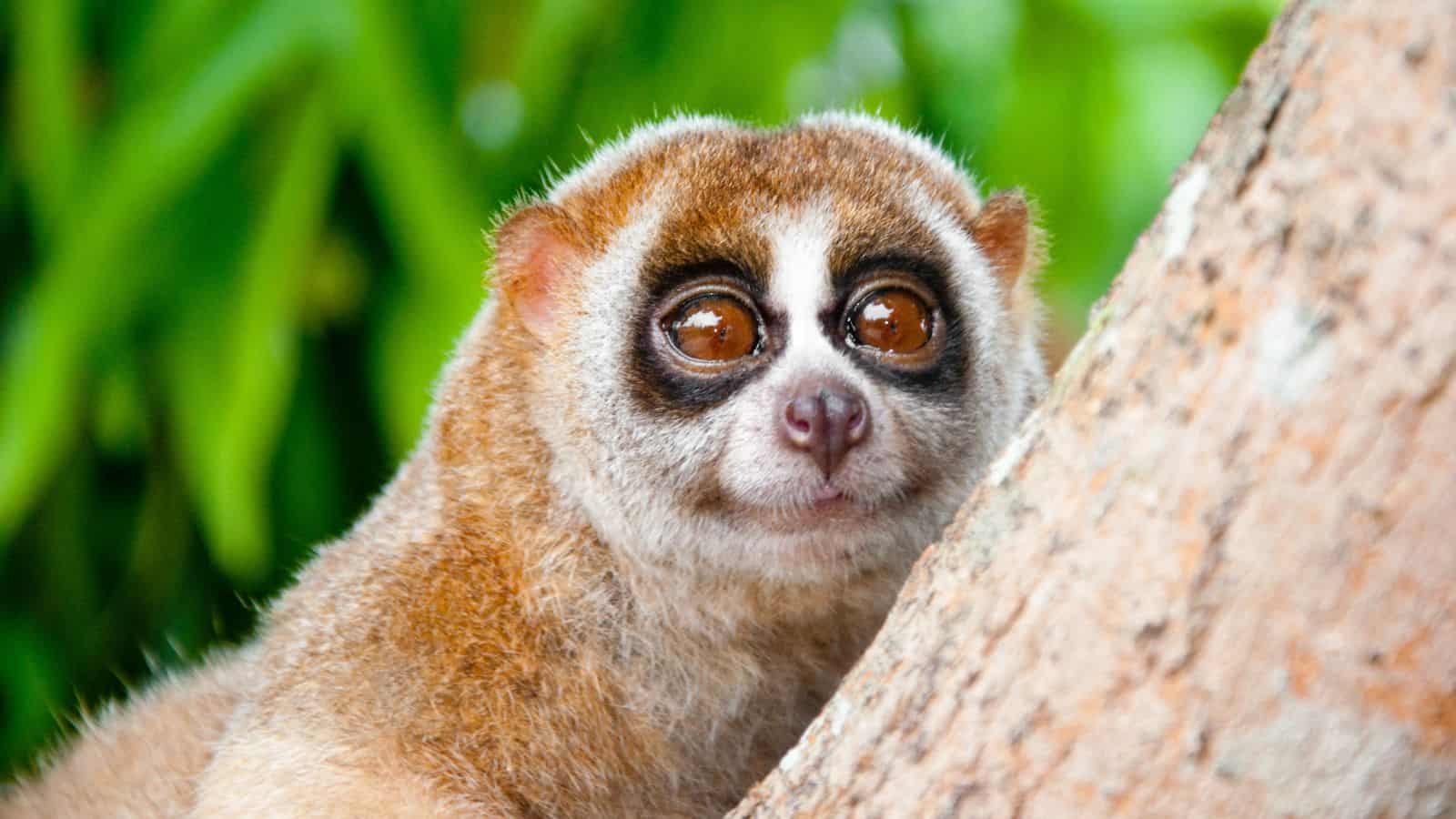
With their big saucer eyes, slow lorises may look sweet and cuddly, but these endangered primates are actually venomous! They secrete a toxic bite that can cause anaphylactic shock. Furthermore, the illegal pet trade is rapidly driving them extinct. So while they’re irresistibly cute, slow lorises are not suitable pets.
Penguins
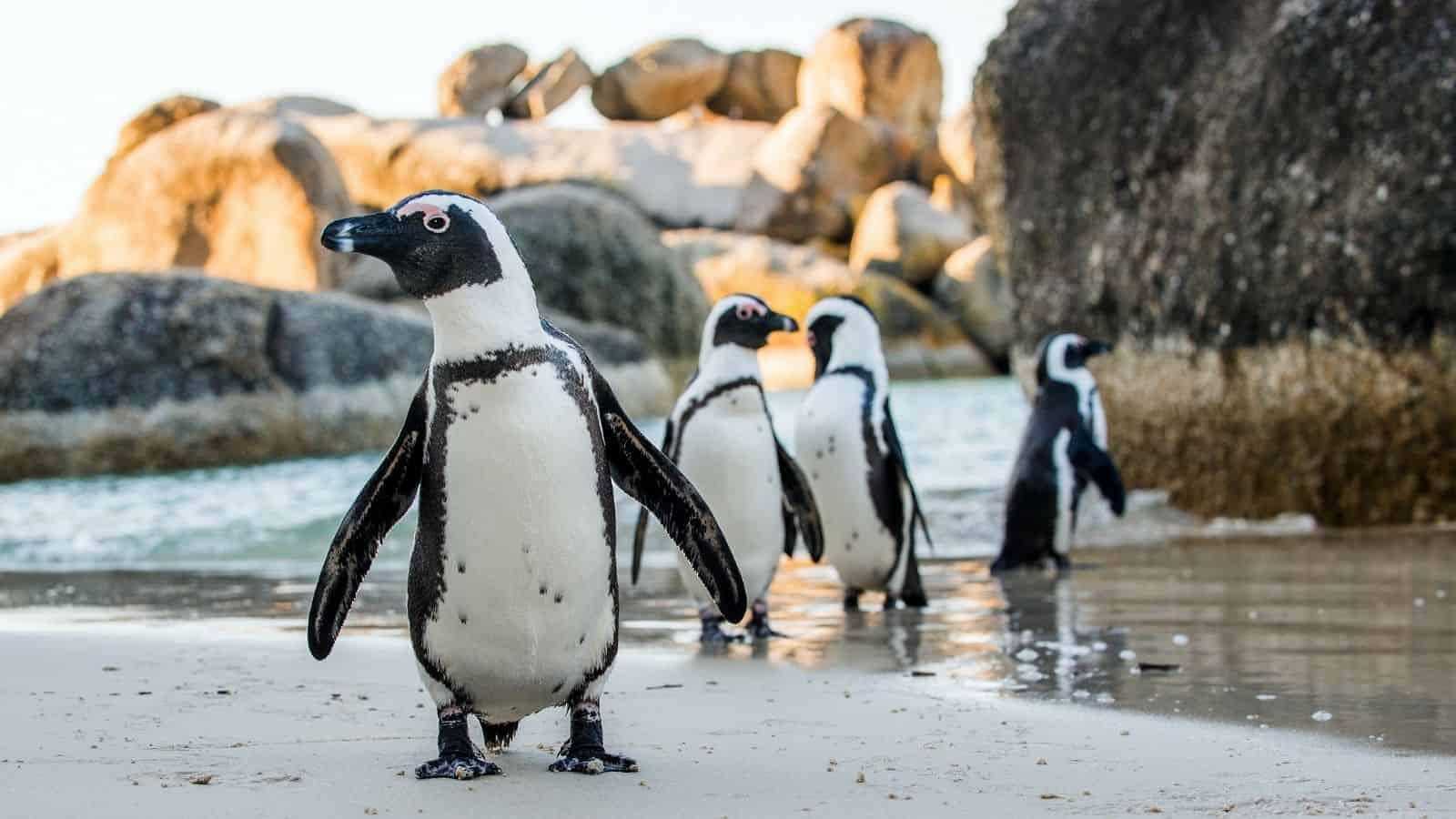
Penguins are some of the most charismatic and beloved birds, but they do not belong in homes as pets. These highly specialized marine birds require very cold temperatures, salt water, and lots of fish. They are also protected under international law.
Otters
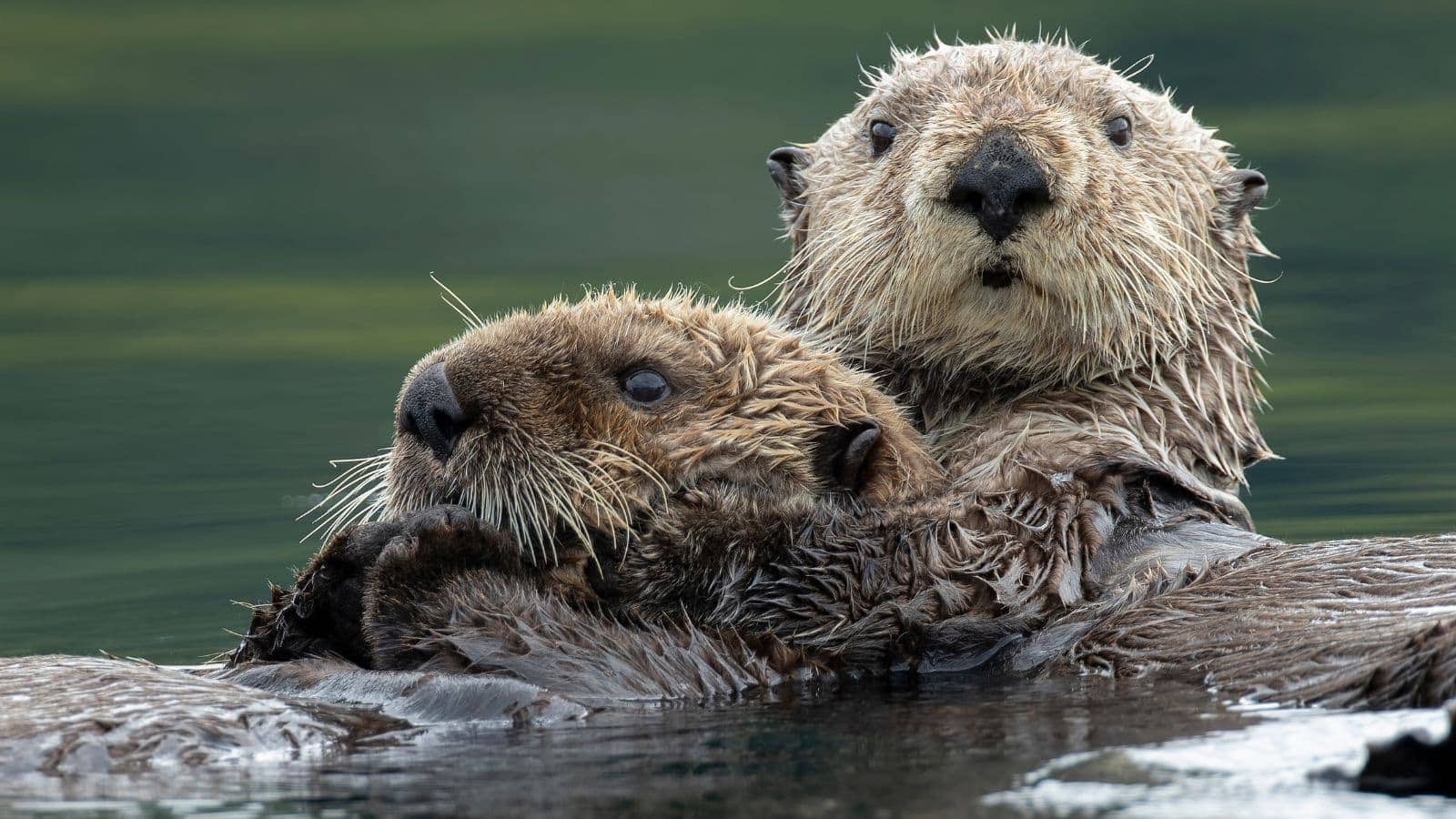
Their antics make them an Instagram video favorite. Otters are playful aquatic mammals, but they are not well suited for domestic life. They are very active, need regular access to water to swim, and can be quite aggressive and destructive. Otters also have very stinky poop! Many species are also endangered and protected.
Hedgehogs
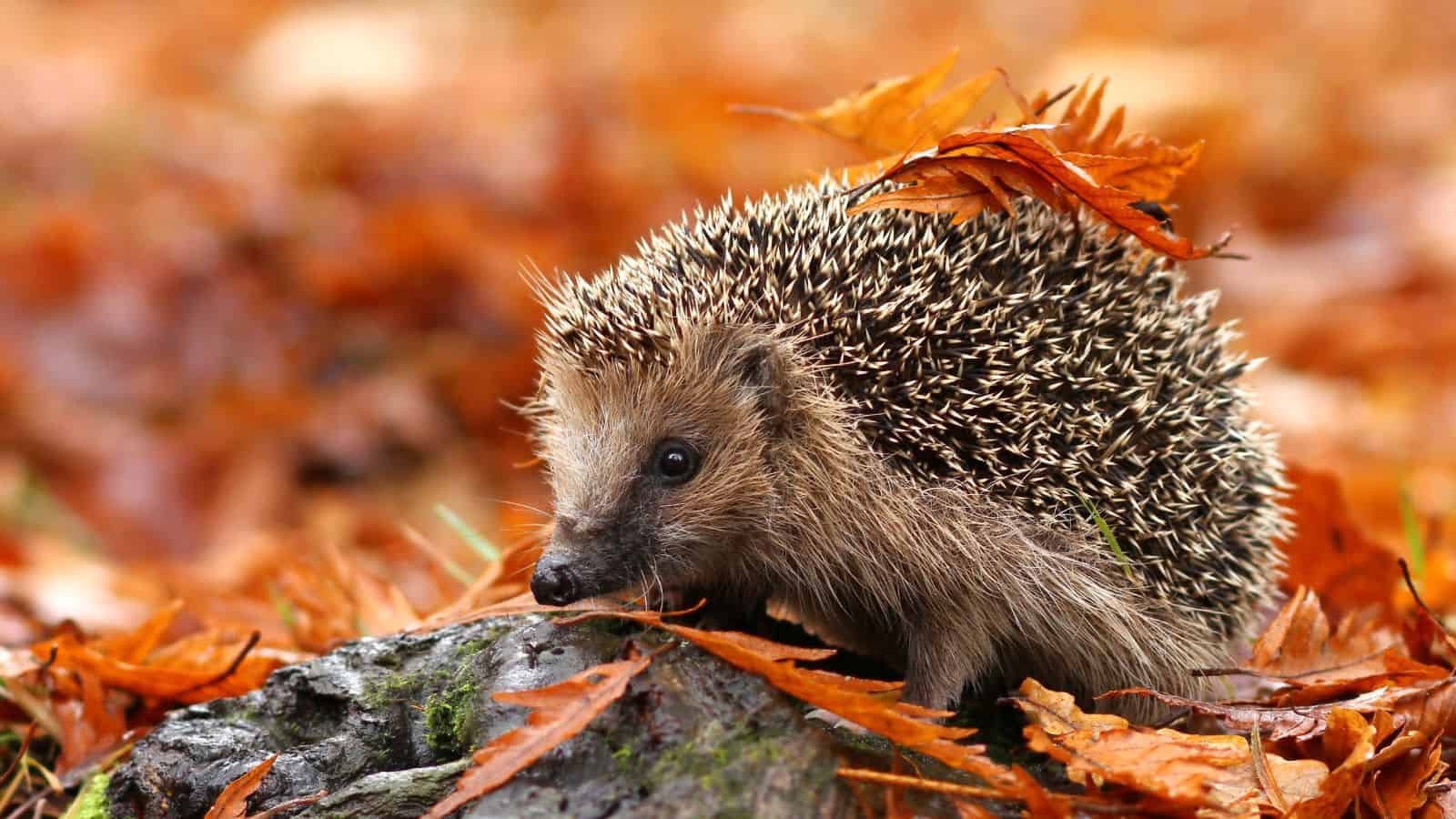
Hedgehogs have become popular exotic pets, but they are still illegal in many places. These spiny insectivores can carry foot-and-mouth disease and are invasive in some areas if released. They are nocturnal, not very cuddly, and need a specialized diet—definitely not low-maintenance pets! Stick to the Sonic variety of hedgehog instead.
Ferrets

While they’re playful and cute, ferrets are banned as pets in some regions, like California and Hawaii. If they escape, they can become an invasive species and harm native wildlife. Ferrets also have a natural musky odor many find unpleasant. They are clever escape artists who need lots of attention and enrichment.
Sugar Gliders
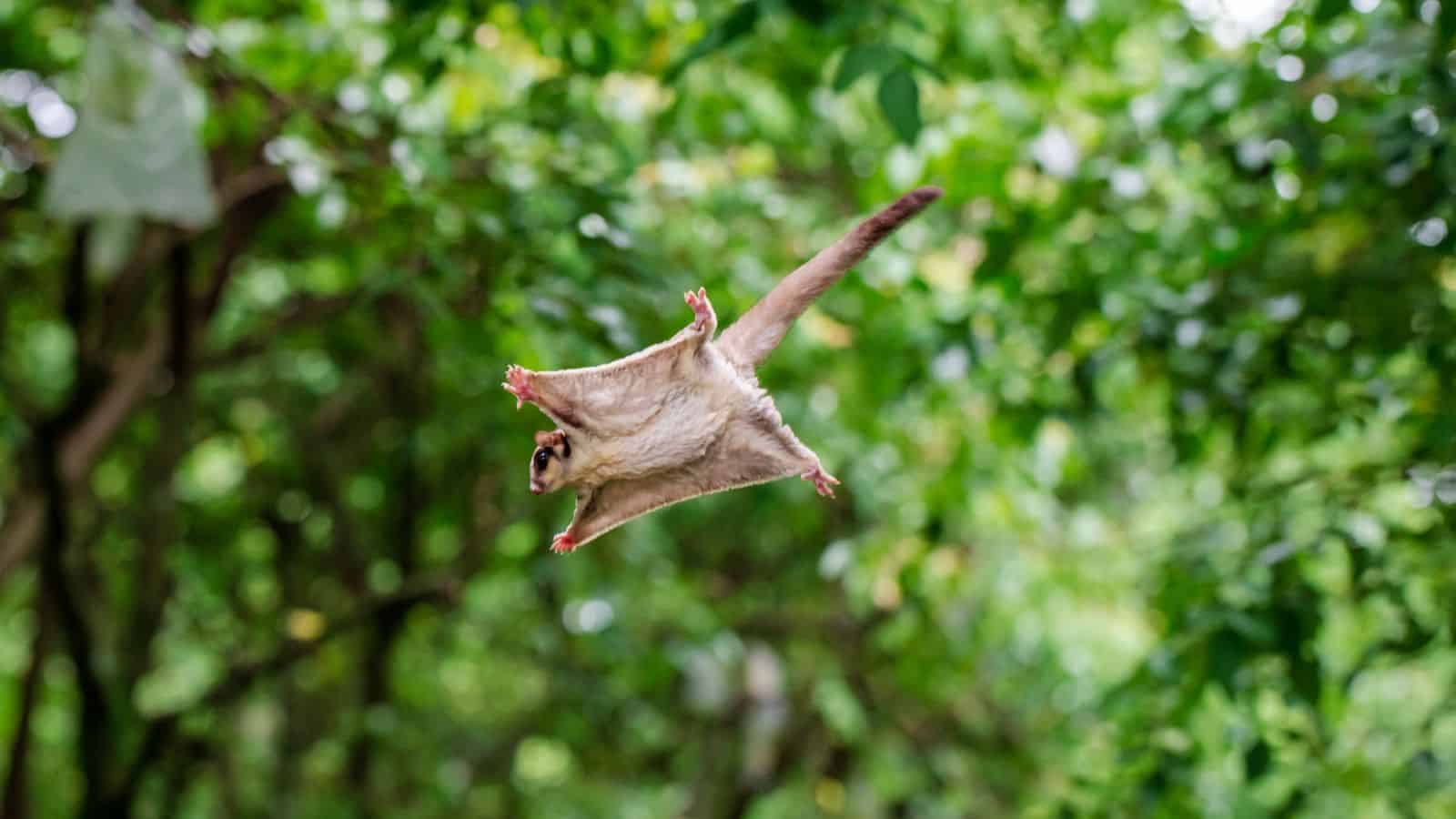
These adorable flying marsupials are illegal to own as pets in many states and cities. Sugar gliders are very social animals that need same-species companionship and a specialized diet. They are nocturnal, vocal, and can glide up to 150 feet—quite a shock if they escape in your home!
Gerbils and Hamsters
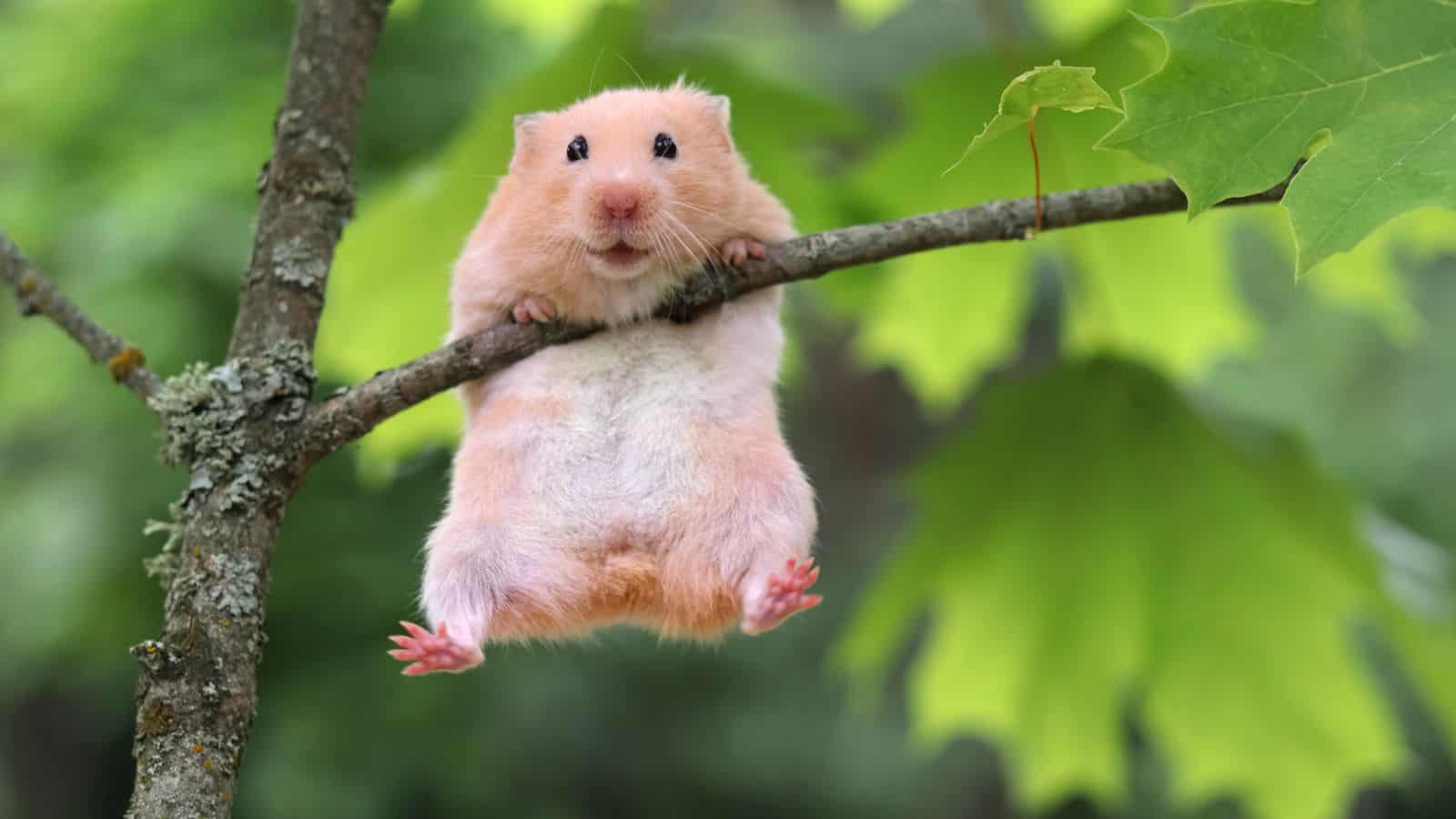
The Australian Broadcasting Corporation reports, “Gerbils are not allowed to be imported into Australia for any purpose.” While they may seem like harmless, tiny pets, gerbils and hamsters are actually illegal to own in some places, like California and Hawaii. If they get loose, they can multiply rapidly and damage crops and native ecosystems. So while they’re cute and popular pocket pets, gerbils and hamsters are banned in some regions.
Up Next: 19 Signs That Say You’ve Officially Entered Old Age

Old age comes for us all, though we do our best to resist it for as long as possible. But aging isn’t only gray hair, wrinkled skin, and yelling at kids to get off your lawn. Here are 19 signs you’ve realized you’re no longer the young stud you once were!
19 SIGNS THAT SAY YOU’VE OFFICIALLY ENTERED OLD AGE
17 Things That Are Too Woke For Boomers

Our society is so different from what it was decades ago, and boomers don’t like much of what everyone considers normal in today’s society. In this light, here are 17 things about ‘woke culture’ that particularly make boomers uncomfortable.
17 THINGS THAT ARE TOO WOKE FOR BOOMERS
17 Things You’re Just Too Old To Be Doing Anymore

The older you get, the more fragile you are physically and mentally, so it’s important to prioritize your well-being every day. Whether you still feel young at 50 or are closer to 80, we’ve compiled 17 things you’re too old to be doing anymore.
